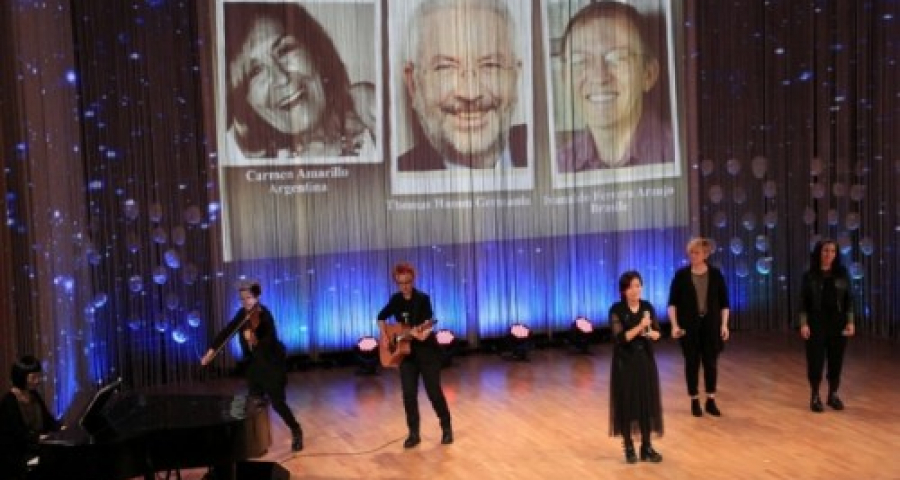The Economy of Communion is still in its dawn, because in this age of unsustainability of capitalism, from the environmental but also social and spiritual point of view, communion in economy always becomes an ideal. Preview from the June issue of Città Nuova magazine
by Luigino Bruni
published in Città Nuova on 01/06/2021
On 29 May, the Economy of Communion (EoC) turned 30 years old. A significant time span for a social project, a very short time for a prophecy.
I had just graduated in Economics, and I could not have known that its birth would change my life. Chiara Lubich called me to work with other economists and entrepreneurs to give 'scientific dignity' to her EoC. I don't know if we succeeded, but certainly the life of the EoC has given dignity and meaning to my work as a scholar and to that of many others. The EoC was born as a social project of wealth redistribution: entrepreneurs donated a significant part of their profits for people in need and to spread the new culture of sharing that was called the 'culture of giving'.
This expression was proposed by sociologist Vera Araujo, and the name of the project, Economy of Communion, was suggested to Chiara by Tommaso Sorgi. These contributions say that the EoC had a symphonic origin: with a composer, Chiara Lubich, who needed the creative contribution of many people to write her score, starting with the Brazilian focolarini.
The EoC will live as long as it remains symphonic and creative. The gift of profits from the entrepreneurs was so important at the beginning that the first image of the EoC was "one third, one third, one third". But it soon became clear that there was much more behind those three thirds of profits. Chiara sensed that the company was the key institution of capitalism, a capitalism that needed to be reformed. In the aftermath of the collapse of the walls of real socialism, everything in the world was talking about confidence in the progressive fate of capitalism, and Chiara launched an initiative that challenged its first dogma: the private appropriation of profits.
It was clear that the EoC was not so much an operation of solidarity in the distribution of wealth. But in prophecies, signs only reveal themselves with time. Young people especially (I was among them) saw another economy in it, which was fraternal, inclusive, just. And so it has grown. Over the years, the entrepreneurs and the poor have retained a main role, but at the same time the cultural and theoretical dimension of the EoC has grown. Many young people have made it the subject of their degree and doctoral theses, and many universities have begun the study of this economy that, without denying the role of business and entrepreneurs, calls on them to become "community developers", as the members of Banco Kabajan in the Philippines say.
What did we celebrate on 29 May? As in all community celebrations, we thanked Chiara and the pioneers, many of whom are now gone. Then, as in the Bible, we remembered the "miracles" in order to get a vision of the future promised land. The EoC is still in its aurora, because in this era of unsustainability of capitalism, environmentally but also socially and spiritually, communion in economy always becomes an ideal. So it’s giving thanks, remembering and continuing to believe in Chiara's prophecy.








